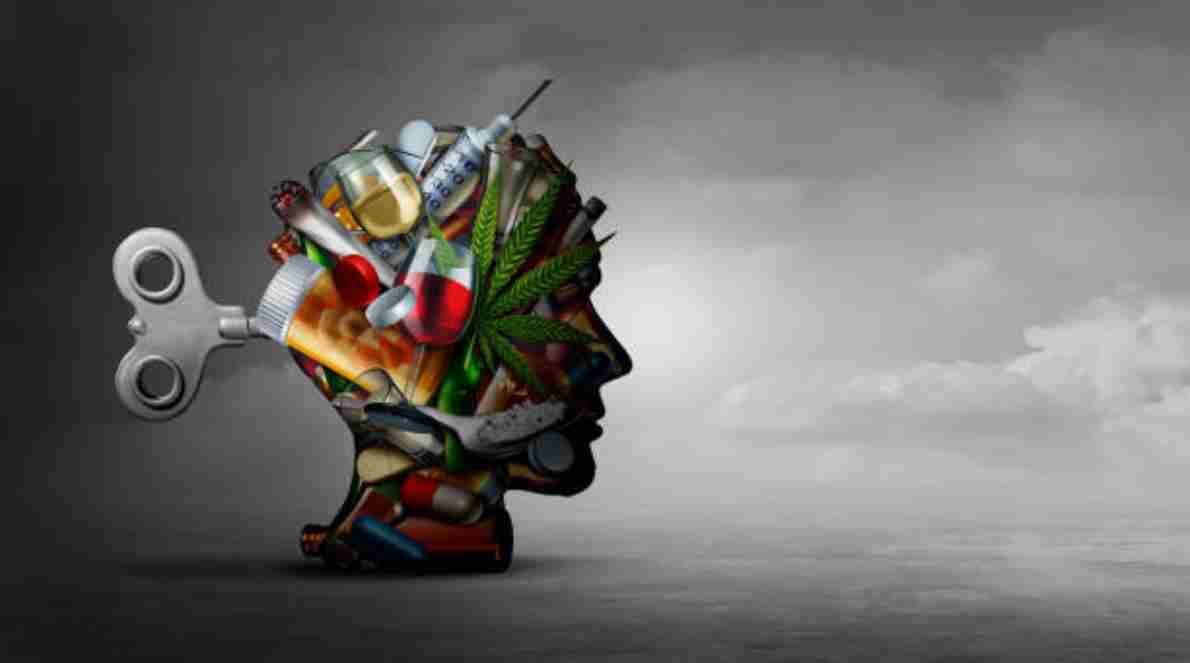Programs Do Recovery Centers – If you’ve done any research on addiction treatment centers, you probably know that there are many different programs and services that they can offer. The right program for you will depend on a number of factors, but usually it comes down to your personal needs and preferences.
After all, treatment is not one-size-fits-all when it comes to addiction recovery.
There are also different phases in recovery— some people need more intensive help at first before transitioning into less frequent but longer treatment later in the process.
In this article, we discuss all things related to the various types of addiction treatment programs and what they have to offer based on your specific needs as an individual.
Table of Contents
Outpatient and Inpatient Drug Addiction Treatment Programs
A drug addiction treatment center can be either inpatient or outpatient.
Inpatient programs will usually include living at the facility for the duration of your treatment. The length of your stay will depend on the intensity of the program and the severity of your addiction. Outpatient programs, on the other hand, will allow you to maintain your current living situation while receiving addiction treatment.
While these two programs differ in regards to patient residence, both involve guidance and support by a team of professionals who will help you navigate the process as best as they can.
Counseling and Therapy in Recovery Programs
Counseling and therapy are an important part of most addiction treatment programs. The type of therapy used will vary from program to program and can depend on a number of factors. Common types of therapy include:
- Individual therapy: One-on-one sessions that help you gain insight and work on various issues related to your addiction.
- Group therapy: Sessions that include a small group of people, who share similar stories and problems.
- Family therapy: Sessions that include a small group of people, who share similar stories and problems, plus loved ones such as partners, parents, or children.
- Cognitive behavioral therapy (CBT): A type of talk therapy that helps you understand how your thoughts and feelings affect your behavior. It’s a common type of therapy used in addiction treatment.
Co-occurring Disorder Rehab Programs
Co-occurring disorder rehabilitation programs are designed for people who struggle with more than one mental health condition (such as substance use disorder and a mental illness such as anxiety, depression, or a personality disorder).
These programs usually involve a combination of therapies designed to tackle both the mental health issue and the drug addiction.
Medications to Help With Withdrawal and cravings
If you’re in a residential program, you may be given medications to help with withdrawal symptoms and cravings. These can include:
- Benzodiazepines: These drugs help relieve anxiety and stress, and may be used during the detox period.
- Antidepressants: These drugs can help ease symptoms of depression and may also be prescribed for anxiety.
- Naltrexone: This drug helps reduce cravings for opioids, such as heroin and painkillers. It’s usually prescribed for a person who has been diagnosed with opioid use disorder.
The Bottom Line: Finding the Right Program
There are many different types of addiction treatment programs. The right one for you will depend on a number of factors. But in general, you will want to make sure that the program has a track record of success. That means it should have above-average ratings and reviews from former (and current) clients.
Feel free to do some research, speak with a few representatives from each program, and/or visit different facilities in your area. This will help you make a well-informed choice.

